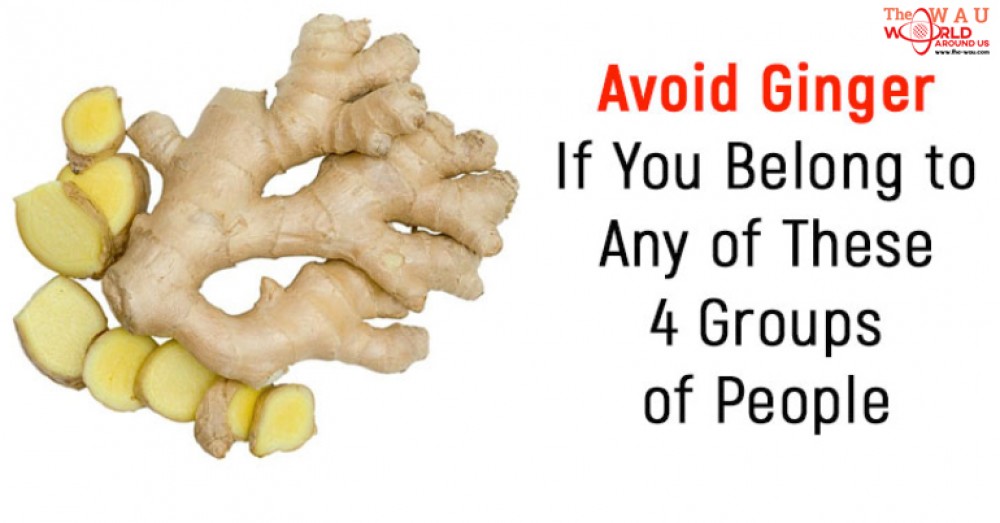Did you know that ginger is one of the most nutritious plants? Its active components including gingerol and shogaols have a plethora of health benefits. It has also been used for centuries as a natural remedy for a multitude of medical conditions. Although it has powerful antioxidants and anti-inflammatory properties there are 4 groups of people who should avoid it for medical reasons.
1) People who have blood disorders should stay away from using ginger. While ginger boosts the circulation of blood and can be helpful to those suffering from conditions like obesity and peripheral artery disease, it can be harmful to those with hemophilia or those whose blood isn’t able to clot normally, according to Curejoy.com.
Essentially, ginger doesn’t allow the medication used to treat these conditions to work. Since ginger stimulates the circulation and increases blood flow, it has the potential of increasing the risk of bleeding. That is especially the case for those who already have a bleeding disorder or take any medication that slows blood clotting.
2) People taking certain medications. Those who use certain drugs to treat conditions like diabetes or hypertension should speak to their doctor before drinking ginger tea or incorporating ginger into their diet. This is because ginger may interfere with the medical effect of insulin, anticoagulants, or beta-blockers. According to MedlinePlus, a medical service of the National Institutes of Health, ginger can also interact negatively with other drugs such as antacids, heart medication, and antihistamines.

...[ Continue to next page ]
Share This Post















